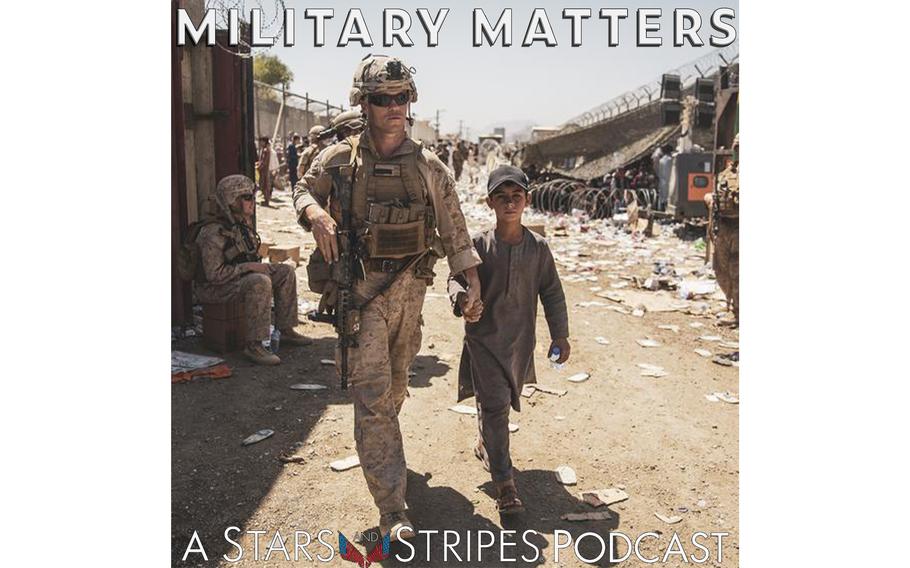
(Stars and Stripes)
As U.S. operations conclude in Afghanistan, many in the military and veteran communities have been left wondering how and why the Taliban were able to retake the country so quickly.
In this Fast Take episode, host Rod Rodriguez talks with Daniel, a U.S. Special Forces service member and intelligence professional who was working in Afghanistan and was recently evacuated. Daniel, whose name and voice were changed to protect his safety and to avoid retribution, shared his thoughts about why Afghanistan fell the way it did, the chaos at the U.S. embassy in Kabul and what he thinks will happen next.
In last week’s episode, Special Forces Medical Sgt. Joshua Middleton talked about watching Afghan National Army soldiers give up, while the Commando Corps continued to fight the Taliban. Daniel said the reason for the difference was in the way the two forces were trained: while commandos received training from U.S. special forces including Green Berets and Navy Seals, the ANA was trained primarily by the National Guard.
“(The commandos have) been getting trained by the best, and showing them that camaraderie and basically the top-up driven way of thinking and communicating,” Daniel said, “where ANA, it's like jumping jacks and formations and, you know, do these, do this. And the level of operational thinking was just not transferred to the ANA.”
Daniel, who was at the U.S. embassy in Kabul when the Taliban took over the city, said he thinks it was “a mistake” to give up the embassy.
“We literally could have been running operations out of there gathering more people into the embassy, because we could literally park four CH-47s at the soccer field right next to the U.S. embassy, park two more helicopters right in the middle of the street there between the embassy and the state department apartments area,” he said. “… Why didn't we? Well, my assumption is that the administration kind forced the ambassador to basically extract themself out, because the embassy's kind of still in play, but they're in play at HKIA (Hamid Karzai International Airport in Kabul), not at the actual U.S. embassy.”
Daniel said over the last 20 years, the U.S. has “perfected or crafted intelligence globally” in Afghanistan.
“By us removing that piece of the puzzle in the game board of the world, we are now going to be left without knowledge of what's going on globally,” Daniel said. “Because as you are seeing, is that we are leaving a lot of these areas, and we're not going to be able to have boots on the ground to know what's going on because, well, the CIA, they're not everywhere. And they don't have that ability to see and hear everything. So things won't be falling off of that table. And we're going to have potentially another 9/11.”
You can find Military Matters on Twitter @stripesmmpod.
Follow Jack Murphy on Twitter @jackmurphyrgr and Rod Rodriguez @rodpodrod.
A transcript of the episode can be found here.
Go to www.stripes.com use promo code PODCAST and save 50% on your digital subscription.